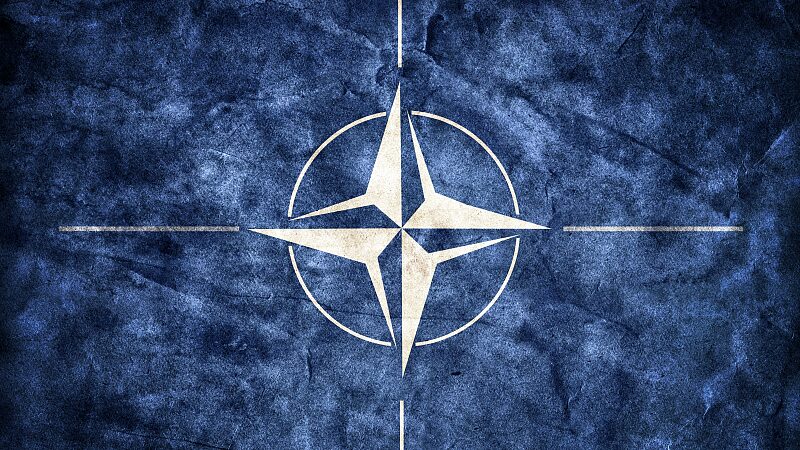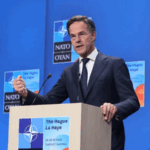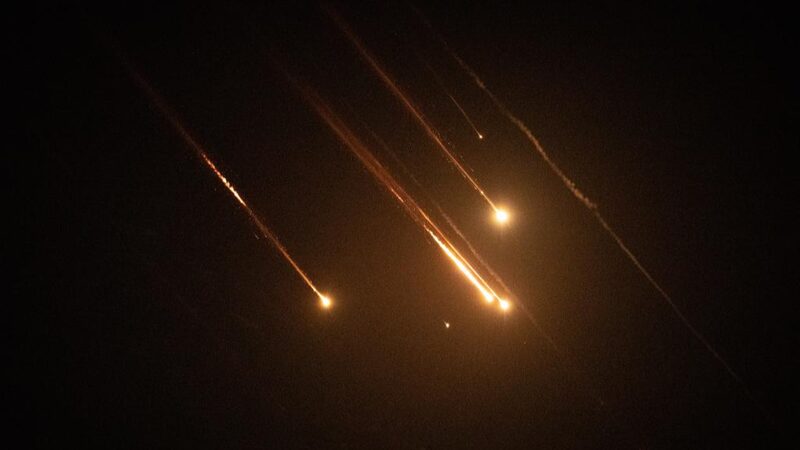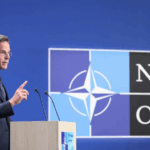NATO's vision of a 'rules-based international order' has sparked heated debates worldwide. Born from Cold War tensions in 1949, the alliance now faces questions about its evolving role in 21st-century geopolitics.
While NATO members highlight security cooperation achievements, critics point to unintended consequences — from controversial military interventions (think Yugoslavia in 1999) to geopolitical tensions that some compare to modern 'Great Game' dynamics. 🔥 Recent data shows NATO countries account for 55% of global military spending despite representing only 12% of the world's population.
The alliance's eastward expansion continues to create ripples, with developing nations questioning whether this 'order' prioritizes collective security or Western interests. 🌐 'We need dialogue, not dominance,' argues Malaysian scholar Dr. Aminah Tan in our exclusive analysis below.
As NATO marks its 75th anniversary, young global citizens are asking: Does this framework protect stability or perpetuate power imbalances? The answer might shape our shared future.
Reference(s):
cgtn.com





